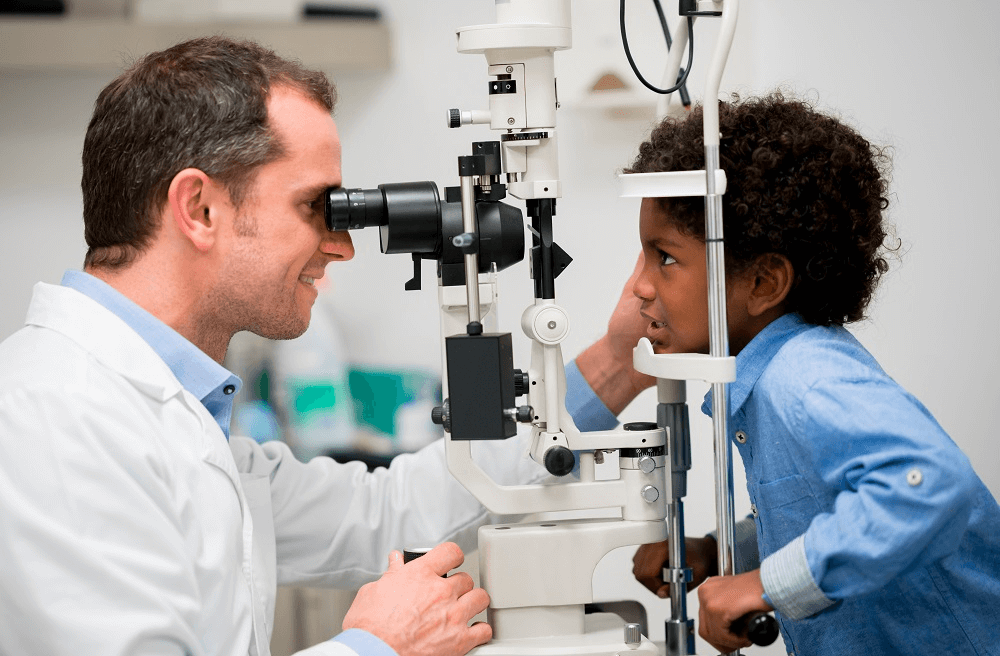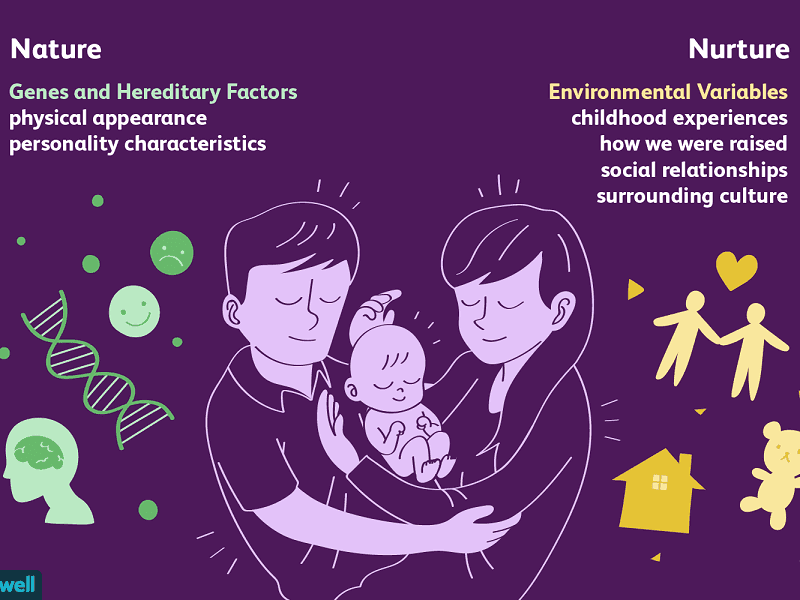
The relationship between benign neonatal convulsions and gene mutations
Benign neonatal convulsions, also known as benign neonatal seizures, are a common form of infantile epilepsy syndrome. It typically occurs during the neonatal period but has a favorable prognosis, usually not leading to intellectual disability or other neurological developmental issues. Genetic decoding studies have indicated a certain relationship between benign neonatal convulsions and gene mutations. Several genes have been identified to be associated with the condition, with the most common mutations occurring in the KCNQ2 and KCNQ3 genes. These genes encode potassium ion channel proteins, which play a role in regulating the cell membrane potential in neurons. Mutations in these genes lead to changes in potassium ion channel function, affecting the excitatory and inhibitory balance of neurons, and resulting in seizures. Additionally, other gene mutations such as SCN2A, SCN8A, and ARX have also been found to be related to benign neonatal convulsions. The proteins encoded by these genes regulate sodium ion channel function in neurons, and mutations disrupt neuronal excitability, leading to seizures. Although multiple gene mutations associated with benign neonatal convulsions have been discovered, there are still many patients who do not show clear gene mutations through database comparisons. This suggests that there may be other genes not yet included in the databases that are involved in the occurrence of this condition. Genetic decoding-based pathogenic gene identification can improve the detection rate and prevent misdiagnosis.
Why should benign neonatal convulsions gene testing be conducted?
Benign neonatal convulsions refer to brief, self-limiting seizures that occur in the first few days or weeks after birth. Benign neonatal convulsions usually do not have long-term effects on the baby’s health, but in some cases, genetic testing may be needed to determine the cause of the seizures. Here are some reasons for conducting benign neonatal convulsions gene testing:
- Confirming diagnosis: The exact cause of benign neonatal convulsions is still unclear, but research suggests that some gene mutations may be associated with the condition. Genetic testing can determine if there are any gene mutations related to benign neonatal convulsions, helping doctors make accurate diagnoses.
- Genetic counseling: If multiple family members have benign neonatal convulsions, genetic testing can help determine if there is a genetic risk. This is important for the health management of other family members and future reproductive decisions.
- Treatment selection: While benign neonatal convulsions usually do not require specific treatment, in some cases, antiepileptic drugs may be necessary to control seizures. Genetic testing can help determine which medications are effective for the child, guiding treatment plan choices.
- Research and scientific progress: By studying genes associated with benign neonatal convulsions, we can gain a better understanding of the causes of the condition, improve diagnostic rates, and discover new treatment approaches.











